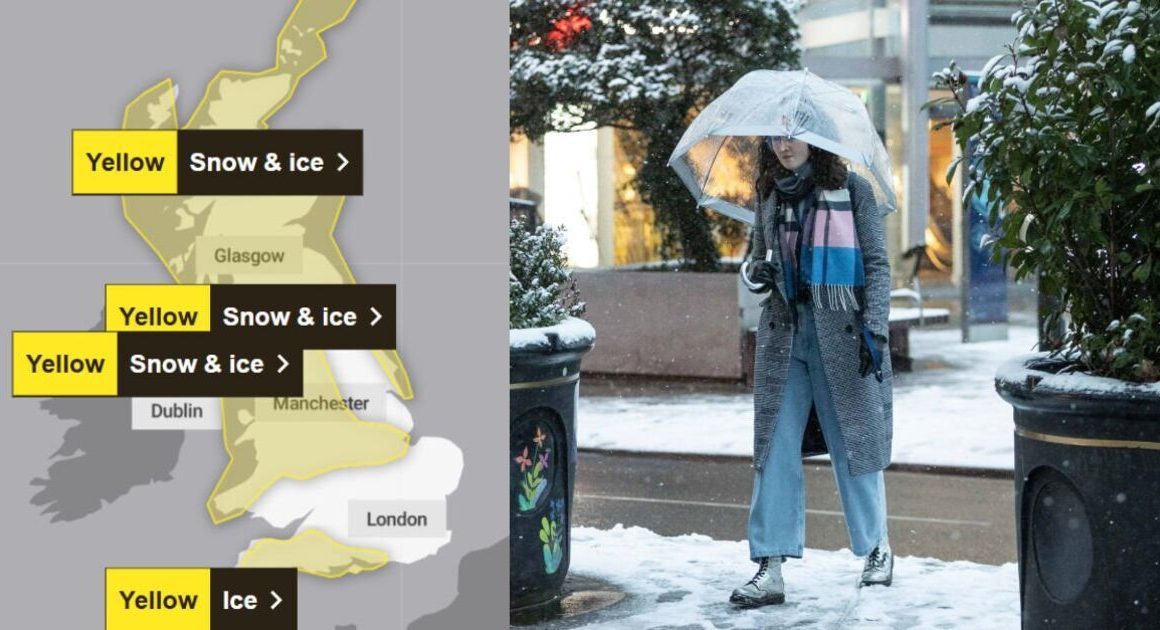Labour’s plans for the economy are set to crash into reality amid a faltering global economy, an expert has suggested.
Matthew Lesh, Director of Public Policy and Communications at the Institute of Economic Affairs think tank, said the end of “speculative exuberance” about Artificial Intelligence and market corrections help mark the end of a “brief honeymoon” for the new Government.
Mr Lesh, writing in the Telegraph, said when Labour was in opposition its strategy was not to be Tories, stemming from “the deluded idea” the last government wasn’t only incompetent, but also “malicious”.
He pointed to Chancellor Rachel Reeves‘ Mais Lecture, where he said she “leaned heavily” on the idea stability would be enough to boost investment.
The expert noted: “She seems to genuinely believe simply saying soothing words to hedge fund billionaires is enough to stimulate growth. This is likely to face a crash with reality during her meeting this week in New York with Stephen Schwarzman, Blackstone CEO.”
Mr Lesh said it was “highly improbable” that the boss of one of the world’s biggest investment funds would commit much to the UK as the US market “melts down”.
He accused the Labour Government of lacking a serious plan to address pressures on Britain’s public finances, such as an ageing population and a “broken” health and social care system.
Ms Reeves’ cancellation of some big capital spending projects last week, including a road tunnel under Stonehenge and bypass around Arundel, as well as agreeing to recommendations on public sector pay rises without demanding greater productivity in return have both boxed the Government in, according to Mr Lesh.
The think tank’s expert said Labour’s fiscal plan could look “foolhardy” after this week, with Britain raising taxes on investment and entrepreneurs as the global economy falters.
Mr Lesh wrote that talk of an increase in capital gains tax and a cut in pension tax reliefs in the October Budget would also be “particularly damaging” and dampen interest in saving and investment.
He concluded: “The new Government has talked a lot about making ‘hard decisions’ to fix the country. Much sooner than most expected, the situation is becoming even harder.”
The analysis came as the Chancellor is on a three-day visit to the US and Canada where she is pushing the message that “Britain is open for business”.
Ms Reeves this week refused to rule out raising capital gains tax in October’s Budget, telling Bloomberg TV on Monday that the Government will “strike the right balance” on tax policy following speculation she could target the capital gains levy.
Meanwhile, Japan’s benchmark Nikkei 225 index soared more than 10 percent early on Tuesday, a day after it set markets tumbling in Europe and on Wall Street. Other markets in Asia appeared to have settled somewhat after the rollercoaster ride that started the week.
Monday’s scare began with a plunge reminiscent of a crash in 1987 which swept around the world and pummeled Wall Street with more steep losses, as fears worsened about a slowing US economy.
The Nikkei gained nearly 11 percent on Tuesday but then fell back, trading 8.7 percent higher at 34,211.83 as investors bought into bargains after the 12.4 percent rout of the day before.
The drops were the latest in a global sell-off which started last week and it was the first chance for traders in Tokyo to react to Friday’s report showing US employers slowed their hiring last month by much more than economists expected.
That was the latest piece of data on the US economy to come in weaker than expected and it all raised fears the Federal Reserve has pressed the brakes on the US economy by too much for too long through high interest rates in its bid to tame inflation.
Britain’s FTSE 100 index at 2.45pm on Tuesday was down 18.54 at 7989.69. That came after the index suffered its worst session of the year on Monday.
London’s top index finished 166.48 points, or 2.04 percent, lower to end Monday at 8,008.23. That marked the lowest close price since April.










